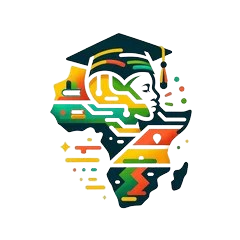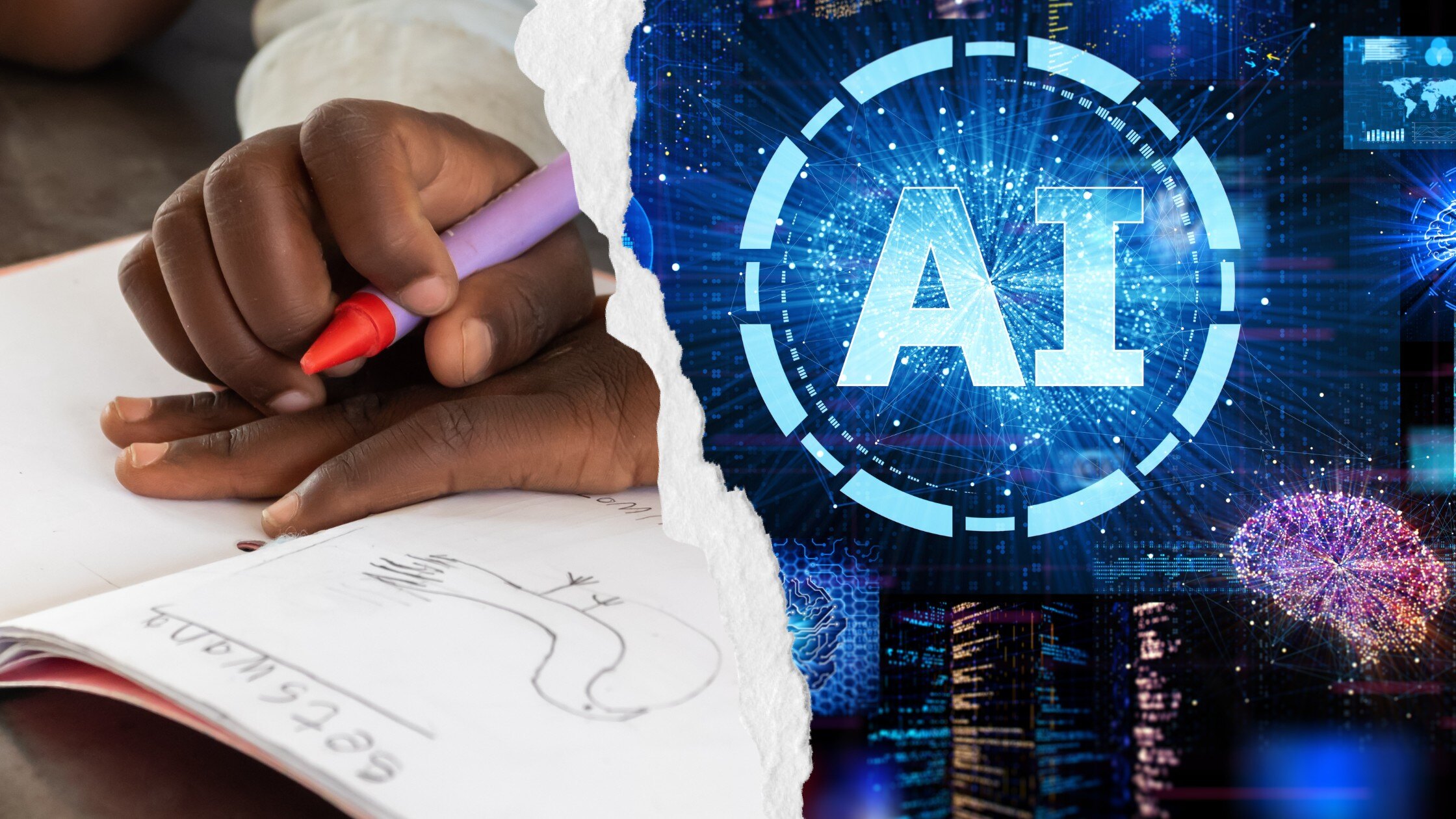Artificial intelligence (AI) is gradually transforming the world of education and is emerging as a key technology to improve learning. In Africa, where access to quality education remains a challenge, its integration remains timid but is already opening up new prospects. With virtual tutors, adaptive learning systems, and educational data analysis, AI makes teaching more interactive and accessible. However, this progress does not come without obstacles: lack of digital infrastructure, inequalities in access to technology, and lack of teacher training. Is AI really revolutionizing African education, or is it still an ambitious concept whose large-scale implementation remains uncertain?
The Promises of Artificial Intelligence in African Education
The timid integration of artificial intelligence (AI) into African education already brings several significant benefits that improve learning and make education more inclusive. One of the major advancements lies in the increased accessibility to educational resources, particularly for students living in rural areas where the lack of educational infrastructure is glaring. Thanks to virtual tutors and intelligent learning platforms, students can follow courses tailored to their level and receive personalized support. For example, the M-Shule app, developed in Kenya, uses AI to send interactive lessons via SMS to students without internet access. Additionally, solutions like Eneza Education in South Africa allow learners to benefit from personalized teaching by automatically adjusting the course content based on their progress. AI is also revolutionizing the work of teachers by automating certain tasks, such as grading assignments and assessing skills, allowing them to focus more on pedagogical support. These advances promise a major transformation of the African educational landscape if supported by adequate investments.
Challenges Slowing AI Growth in African Education
Despite its potential, AI faces numerous obstacles that slow its large-scale deployment in Africa. The lack of digital infrastructure and unequal access to technological tools are major barriers. In many regions, internet connectivity is insufficient, and schools lack computer equipment, thus preventing the use of AI-based solutions. In 2022, the International Telecommunication Union estimated that only 40% of Africans had access to the internet, with this figure being even lower in rural areas. This digital divide exacerbates inequalities, as only urban schools can fully benefit from AI-assisted learning tools, while rural institutions remain excluded from this educational revolution. Furthermore, the lack of teacher training presents another major challenge. Most African educators are not trained in new technologies and may struggle to integrate these tools into their teaching methods. Without proper training, AI risks being underutilized and failing to reach its full potential in improving education on the continent.
How to Successfully Integrate AI into African Education?
For AI to fully play its role in transforming African education, several actions must be implemented. Governments must invest more in digital infrastructure to ensure equitable access to educational technologies, particularly by developing affordable internet networks and providing equipment to disadvantaged schools. Moreover, teacher training in digital tools must become a priority so that educators can fully exploit the possibilities offered by AI. Encouraging the development of African startups specializing in edtech is also a key solution to adapt technologies to local realities and reduce dependency on foreign solutions. Finally, it is crucial to establish a regulatory and ethical framework ensuring responsible and secure use of students' data. If these measures are effectively implemented, artificial intelligence could truly revolutionize education in Africa by offering unprecedented opportunities to millions of learners across the continent.
Conclusion
Artificial intelligence is already transforming African education, although its integration is still timid. Its current applications facilitate access to learning, personalize educational paths, and optimize teachers' work. However, without massive investment in infrastructure, better teacher training, and appropriate regulation, its potential will remain underutilized. If African governments, technology companies, and educational stakeholders unite to overcome these barriers, AI could become a major pillar of educational development on the continent. By making the right decisions today, Africa can build a more inclusive and innovative education system for future generations.
Bibliography and References
-
Eneza Education. (2022). AI for learning in Africa.
-
ITU (2022). Digital connectivity in Sub-Saharan Africa.
-
M-Shule. (2023). AI-powered learning in Kenya. www.mshule.com
-
UNESCO. (2023). Artificial Intelligence and Education in Africa.
-
African Union. (2022). Digital education strategy for Africa.


